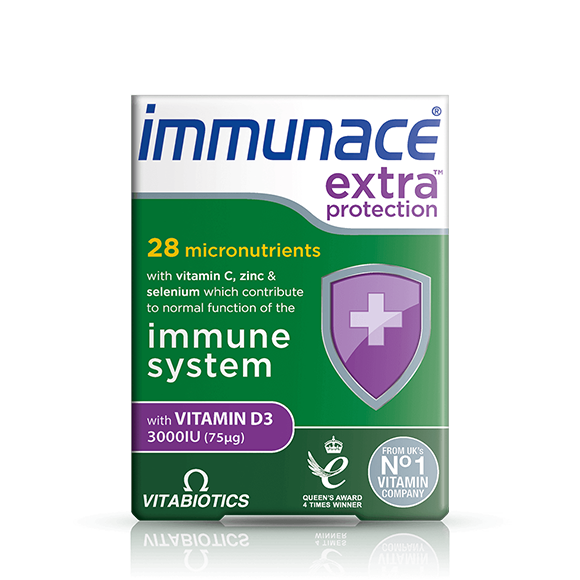Popular Categories
|
Frequently Asked Questions
Copper is involved in a number of important processes in the body, including supporting normal hair and skin pigmentation, the normal function of the immune and nervous systems, and the maintenance of normal connective tissues. Other benefits of copper include:
-
Contributes to normal energy release
-
Contributes to normal iron transport in the body
-
Contributes to the protection of cells from oxidative stress
Zinc and copper are both trace minerals, meaning the body only requires them in smaller amounts. They are involved in similar processes: both support normal immune function, and both support skin and hair health but in different ways: Zinc supports normal skin and hair health, while copper contributes to the normal pigmentation of skin and hair.
Zinc and copper are antagonists, meaning that if one mineral is too high, the other can become too low. This is why it’s important to balance zinc and copper levels. When supplementing, look for a zinc and copper supplement, such as Ultra Zinc, which is formulated with 15mg of zinc, carefully balanced with 1000μg of copper.
A copper supplement can be a convenient way to obtain extra copper, if you feel you are not getting enough from your diet.
Copper is found in a range of different foods, including organ meats, nuts and seeds, shellfish, cacao and dark green vegetables.







